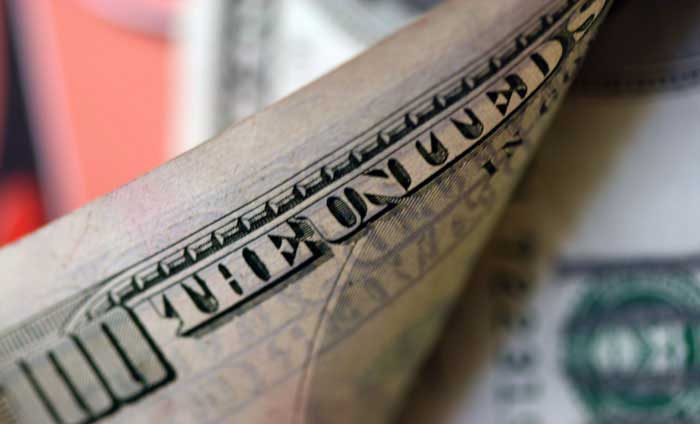Investment of one's had earned money could be a tricky business. Like the stock market, the real estate market too is temperamental and may exhibit unpredictable behaviour. In the US, as much as one- third of an average American's total assets after deducting the liabilities lie in the real estate area. It is further interesting to note that 48% of the American millionaires have made their wealth in real estate.
Even with the elements of uncertainty and risk looming over many people are drawn towards property investment. Let us explore what makes real estate business attractive to an ordinary American.
Several factors encourage even the most cautious of individuals towards making an investment in commercial real estate. These are 1) it is income generating 2) tremendous appreciation of the capital investment 3) the fact that the investment can be made with up to 30% cash down 4) upholds some value of security and 5) offers lots of diversity.
Having seen the attractions of property investment, an understanding of the factors determining the trends of real estate business is also equally important.
These include:
1) state of economy: this essentially affects people's capacity to purchase. The global economy when becomes dull, real estate business also generally slows down.
2) bank interest rates: when there is a hike in the rates, naturally the buying power drops.
3) legislative factors can exert a considerable influence on properties. Policies of the government involving tax deductions and subsidies can affect the market considerably.
4) demographic statistics like age/ gender/ income/ migration data/ population expansion etc. can affect prices in the real estate market significantly.
As was accurately predicted in the late 90's, the US economy took a turn to the down in 2008. Even with this prior knowledge in hand, nobody seemed to be prepared for the devastating destruction it caused.
The real estate market typically and invariably falls through a cycle of 4 stages and it pays to have an understanding of this to know the trending in the market.
These stages will be: 1) the stage of recovery- as implied, here the government takes measures to lower the interest rates prompting investment and when the economy is low, prices to drop. And the process of recovery thus starts when vacant places start getting occupied. 2) stage of expansion where occupancy becomes near total and demand increases. Prices especially rents start to go upward. Increased profit will naturally attract more investment and so expansion continues. 3) stage of expansion along with increased supply where prices are high demands are high and supply is also high. 4) stage of recession: the first pointer to this is the stagnant rent rate even with the high occupancy rate. Now the occupancy starts falling. Though this will arrest measures to provide new supply, those that have been already delivered have to stay and remain unoccupied. The rent rates drop and subsequently the income of the investors. Next, the interest rates go up. The combination of dropped rates of rent as well as occupancy and increased rates of borrowing will considerably eat up the investors resources with not much scope for profit prompting foreclosures.
So what is the duration of this cycle? Statistical records prove that on an average this cycle can range between a time period between 10-20 years with the exception of WW II and 1979.
Currently we are moving to expansion from recovery and 8 years ahead of the recession of 2008. So when is the next catastrophic crash predicted? As per experts' opinion it might be in the year 2024.
In summary, the real estate market in the US is not all that unpredictable after all. A proper understanding of its fairly regular behavioural pattern can bring higher returns and security to the investor. So the dear investor makes an effort and the property market beckons.




